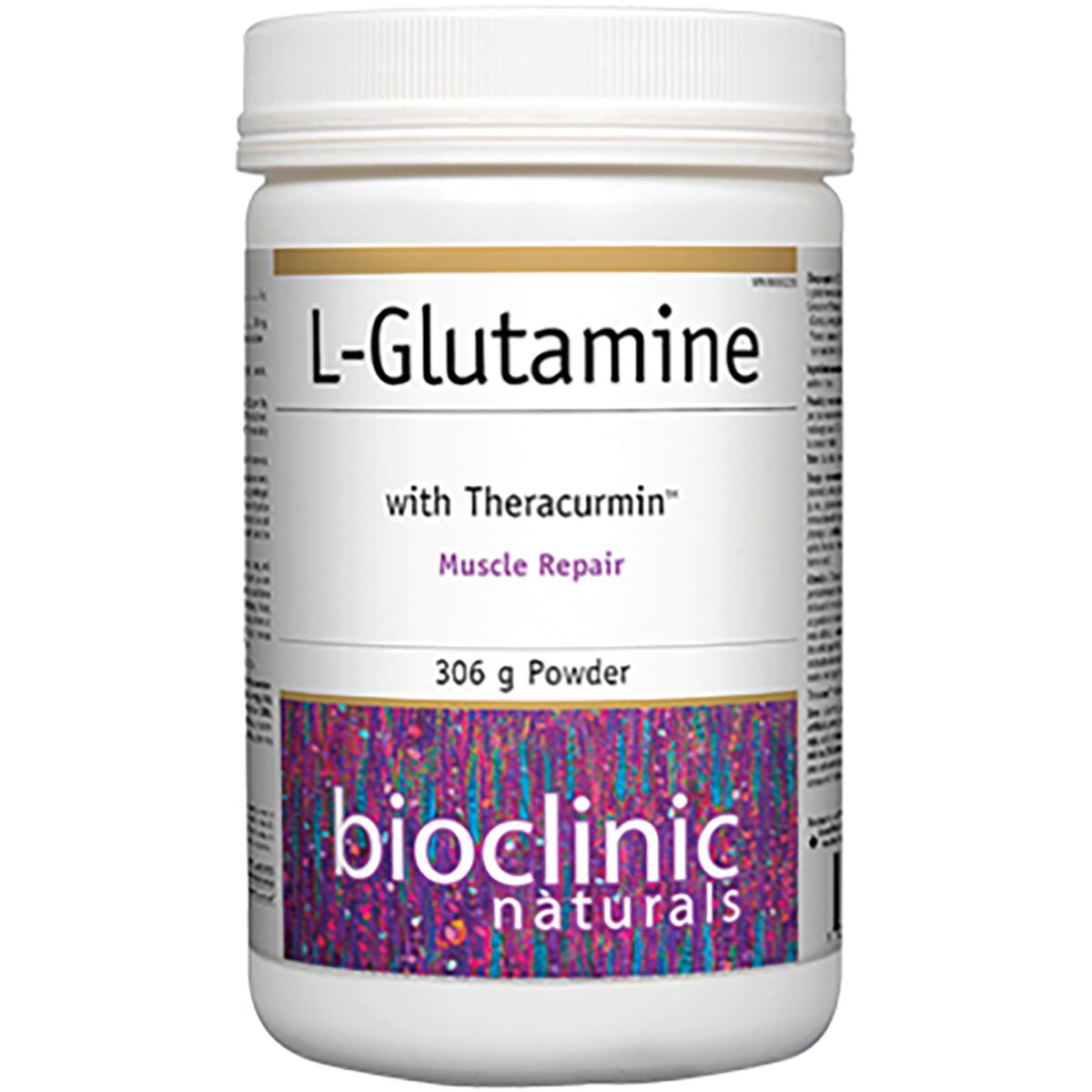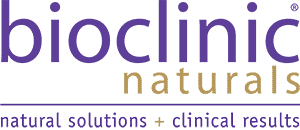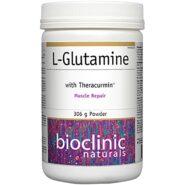Take 1 serving (5.2 g) per day or as directed by a health care practitioner. Mix product well in 375–500 ml of liquid (water, juice, etc.) immediately before consumption.
Serving Size: 5.2 g
Amount Per Serving
Micronized L-Glutamine … 5g
TheracurminTM Curcumin* from Turmeric … 30mg
(Curcuma longa) (rhizome)
Other Ingredients: Maltose, gum ghatti, dextrin, citric acid.
*A highly bioavailable form of curcumin – the most active curcuminoid in turmeric.
Contains no artificial colours, preservatives, or sweeteners; no dairy, starch, wheat, gluten, yeast, soy, egg, fish, shellfish, animal products, salt, tree nuts, or GMOs.
Suitable for vegetarians/vegans.







Reviews
There are no reviews yet.